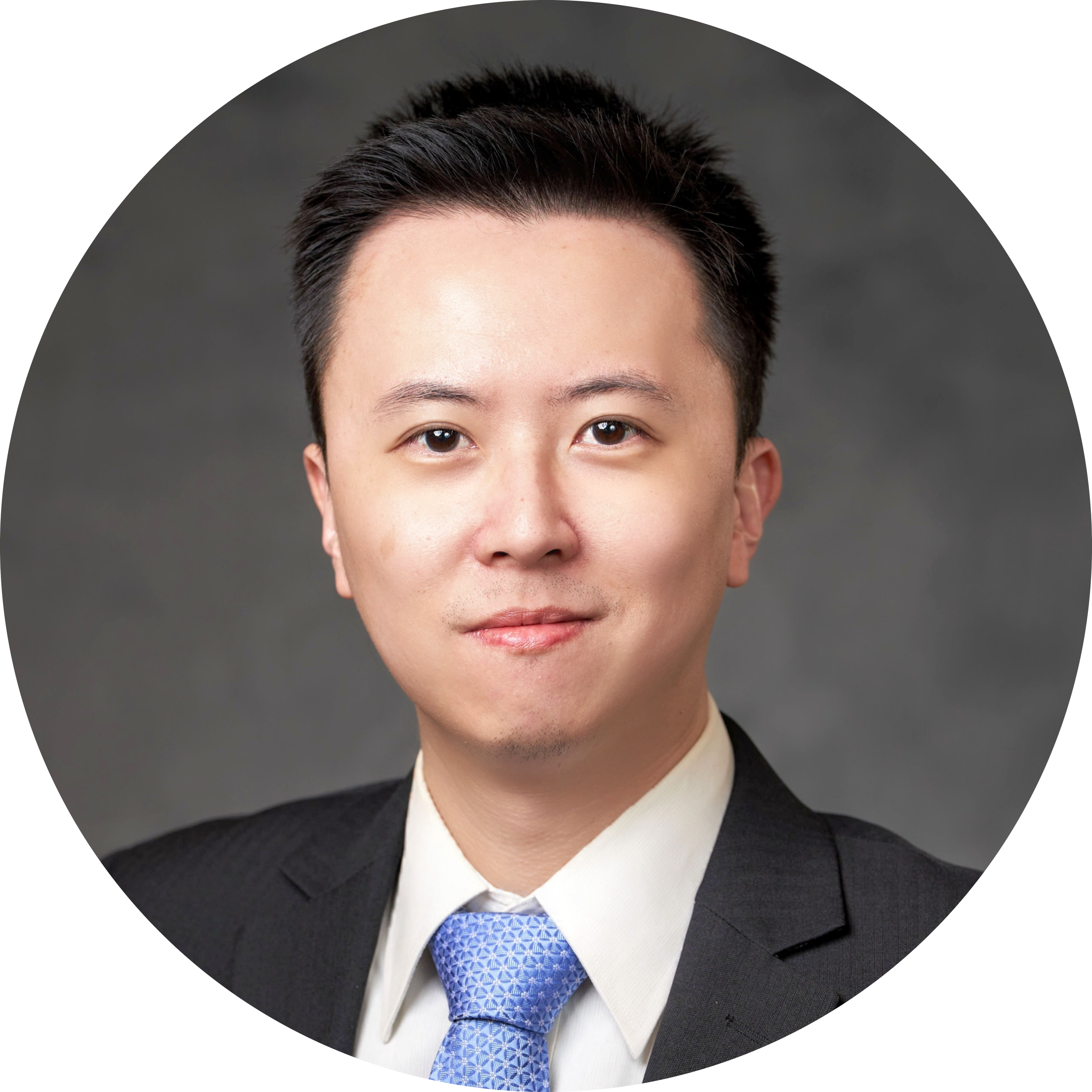
Ryan Wen
Ryan Wen is an adjunct professor who teaches introductory theories and research methods to undergraduate students. The topics covered in his class encompass media psychology, economics, health promotion, social marketing, misinformation and messaging effects. He enriches his lectures with in-class exercises and his research findings related to these topics.
His teaching experience extends beyond the United States. He was invited to guest-lecture on data analysis and statistics to graduate students at the National Chengchi University in Taiwan. During his lectures, he introduced quantitative techniques to graduate students and provided instruction on developing theory-driven research designs.
His research revolves around the topics of data protection, internet privacy, targeted ads and mobile device use. He analyzes the perceived benefits and risks associated with novel technologies such as artificial intelligence and smart devices. Additionally, he examines the role of authority and expertism in communicating emerging technology and science. His studies have been published in widely recognized journals, including Comunicar, Communication & Society, Communication Studies and AoIR Selected Papers of Internet Research.
His doctoral research focuses on health knowledge access and health behaviors. His ultimate goal is to develop a testified theoretical framework for health campaign designs that not only inform but also motivate the public to adopt the promoted health behaviors. His research, centered on COVID-19, acknowledges McGuire’s caveat that health message designs lacking cultural compatibility and social sensitivity tend to exacerbate polarizations and dissuade certain populations instead. Wen has been invited to present his studies on COVID-19 (mis)information and health behaviors at the International Communication Association Conference and the Association for Education in Journalism and Mass Communication Conference for consecutive years.
His latest research interest lies at the intersection of health promotion and extended reality. He seeks to explore how the interaction between cognition, psyche, and body may elicit behavioral or perceptual changes from a psychophysiological perspective. Furthermore, he is transitioning to become a mixed-methods social scientist.
He worked with a government official serving on the National Communication Commission in Taiwan to investigate issues regarding telecommunications regulations, user privacy protection, fact-checking mechanisms, food safety news, and surveillance capitalism, with the aim of informing policymaking with empirical-evidence-based recommendations. Wen achieved a full 4.00 GPA in completing his PhD coursework at Syracuse University. He is a graduate of the London School of Economics and Political Science.